Our research clusters aim to contribute to and develop collaborative research projects with our colleagues and partners within and outside RMIT.
The three thematic research clusters are: Cities and Urbanism; Creativity, Heritage and Society; and Sustainability.
Cities and Urbanism
The Cities and Urbanism cluster engages with creative and innovative research projects and partnerships to effect spatial and social change in the urban realm. Our researchers focus on emerging issues and major challenges for urban and mega-urban contexts in Vietnam, ASEAN (Association of Southeast Asian Nations)-Southeast Asia and the global majority more broadly. Matters of interest include a range of material and social concerns which impact individual well-being and collective development from urban planning to community participation. We host the following networks and groups:
- River Cities Network
- RMIT Vietnam Women’s Network
- Global Ho Chi Minh City group
- Luxury and Sustainability group
- Age-Friendly Cities group
- Sensing Cities group
- Creativity and Higher Education network
- Scholarship of Teaching and Learning group
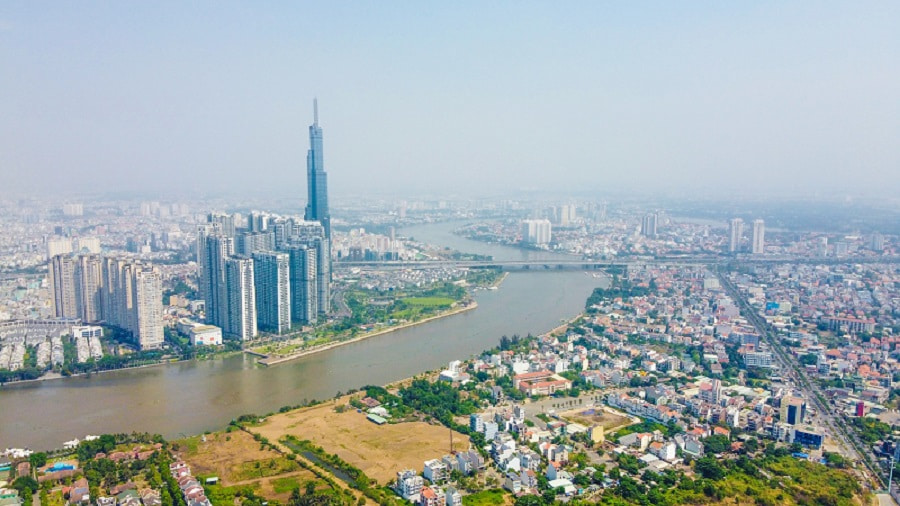
Key themes
Our innovative research projects center on creative, sensory, affective, ethnographic and non-traditional research methods. Our theoretical approaches vary from phenomenology to environmental humanities. We aim to generate impact by translating research into policy and practice, including implementing and evaluating the United Nations Sustainable Development Goals (SDGs).
Our recent projects include food pedagogies; gastrotourism; second-hand luxury; undocumented climate migration; covid recovery; adoption of electric vehicles; spatial theory; sustainability in Saigon architectural ateliers; experimental video imaging of Saigon’s laneways; Instagram representation of Ho Chi Minh City; authentic learning and assessment through practice-based teaching; and transformation of Vietnam’s higher education sector. This cluster supports research that engages with existing and emerging issues and opportunities situated within urban landscapes broadly defined.
Cluster lead
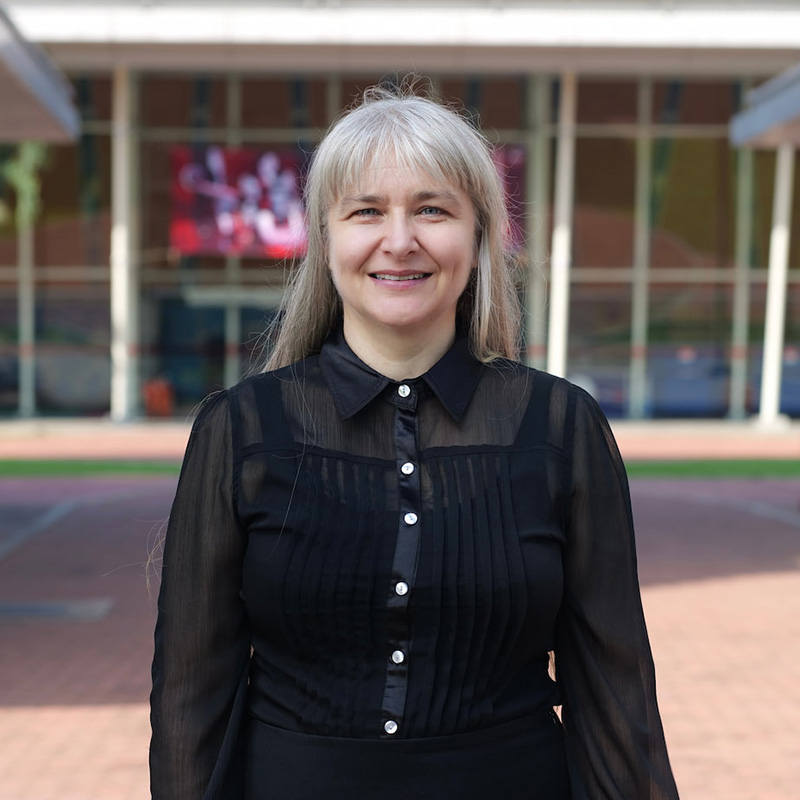 Associate Professor Catherine Earl is the cluster lead of the Cities and Urbanism
Associate Professor Catherine Earl is the cluster lead of the Cities and Urbanism
Associate Professor Catherine Earl (she/her) is responsible for Cities and Urbanism in the School of Communication and Design at RMIT Vietnam. Catherine is a social anthropologist, policy analyst and community educator. She is a highly experienced qualitative researcher and international expert on the topics of gender in policy and practice, gender equality, decent work, reducing social inequalities and mega-urban futures especially in Vietnam and Australia.
Catherine has managed externally funded mixed methods multistakeholder projects on gender and older workers, and conducted research consultancies working collaboratively with governments, NGOs and grassroots organizations in Australia, Southeast Asia and Europe. She has authored or edited ten books and collections, and more than 70 peer-reviewed journal articles and book chapters. She served as editor in chief and associate editor of high ranked journals and book series. Catherine serves on the steering committees of the RMIT Women Researchers’ Network (WRN) and the RIHED-SHARE community of practice and knowledge platform for Southeast Asian higher education.
Cluster members
Cluster members
Creativity, Heritage and Society
The Creativity, Heritage and Society cluster focuses on three domains that respond closely to the culture and society of Vietnam. Our researchers employ innovative methodologies with outcomes that reflect how these interconnected domains impact the Vietnamese landscape now and in the future. The creative economy is seen as critical to the cultural and economic future of the country. Heritage is informed by the present but engages with the future, and society employs deep cultural knowledge to reveal present needs and demonstrates how these can define a robust and fair society as the country goes through a process of modernisation.
Our researchers are a mix of creative practitioners and academics, who research into future, contemporary and traditional Vietnamese life and cultural practices. They document the spaces and places in which communities and their cultures thrive. This can be found in craft villages, towns and cities, alongside traditional and online media platforms. Using multiple research methodology approaches including quantitative, qualitative, social and digital media analysis, and practice-based research, the dynamic range of research interests within this cluster offers unique opportunities for cross-disciplinary practices alongside the development of unique mixed methodological approaches.
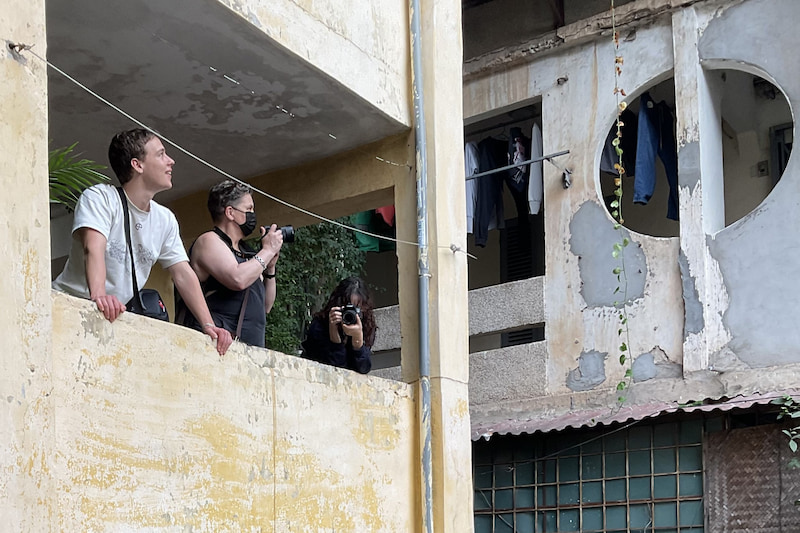
Key themes
Vietnamese creative economy; future heritage and society; cultural practices and processes; speculative scenarios; regenerative approaches; places and spaces; localised and regional initiatives and insights.
Cluster lead
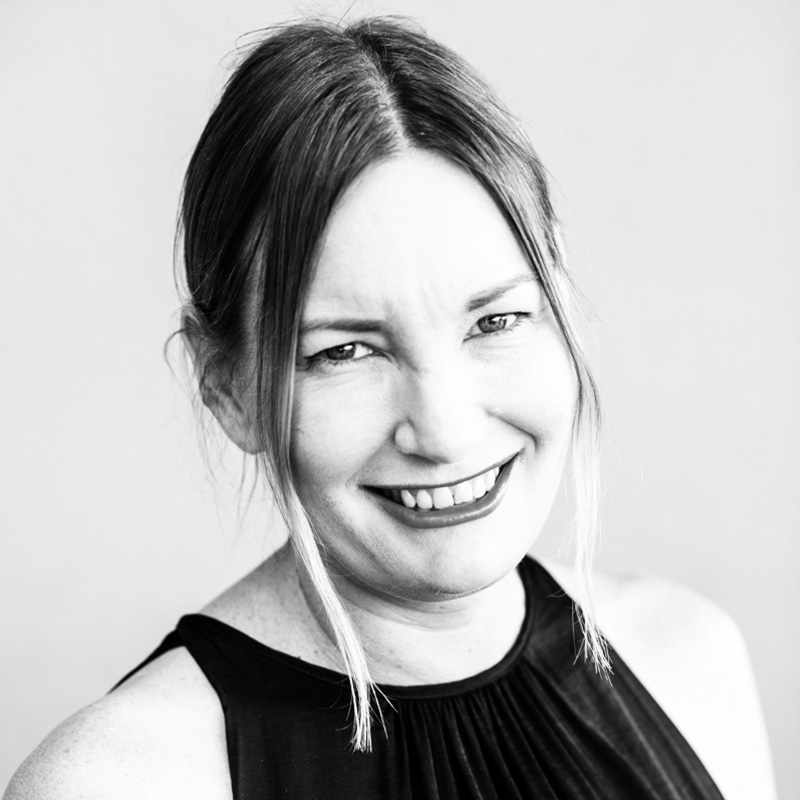 Dr Rachel Jahja is the cluster lead of the Creativity, Heritage and Society
Dr Rachel Jahja is the cluster lead of the Creativity, Heritage and Society
Dr Rachel Jahja, is a multi-disciplinary designer, specializing in interior architecture and a teaching award winning lecturer in Design Studies at the School of Communication & Design, RMIT Vietnam. Rachel is currently the lead of the school’s Creativity, Heritage and Society Research Cluster, chair for the school’s Sustainability Committee, member of the school’s Learning & Teaching Committee and Course Convenor of the Spatial Design stream.
Previously, Rachel was the Design Studies Program Manager responsible for setting up the program in Vietnam, 2018. Rachel’s research interests include psychology and phenomenology of space; spatial design pedagogy, tertiary first year design studies; and transformative learning. She has published on embodied and authentic learning and assessment within design education, theory, and practice. Her doctoral thesis is a groundbreaking study that phenomenologically explored architects’ narratives on life influences informing their path into becoming architects and their creative design processes.
Cluster members
Cluster members
Sustainability
The Sustainability cluster focuses on multidisciplinary research that aims at achieving one or multiple goals as proposed in the United Nations Sustainable Development Golas (SDGs). The sustainability cluster is composed of senior and early career researchers with a proven track record of high-quality research publications and creative outputs. The cluster members’ research focuses on several areas including, but not limited to, circular economy, corporate social responsibility, sustainable developments, new materialism, and sustainability in design.
The concept of circular economy covers approaches such as 3R (reduce, reuse and recycle), waste and resource management; corporate social responsibility addresses the challenges faced by the employees in the workplace and society in a manufacturing dominated environment; sustainable developments focus on the new technologies, automation, digitization and robotics, which are energy efficient to reduce carbon emissions; new materialism specializes in the development of new innovative raw materials from natural resources; and sustainability in design focuses on approaches to reduce the use of resources.

Key themes
New materialism, Waste management, Sustainable design, Corporate social responsibility (CSR), Plastic pollution, Resource management, Circular economy, Sustainable developments.
Cluster lead
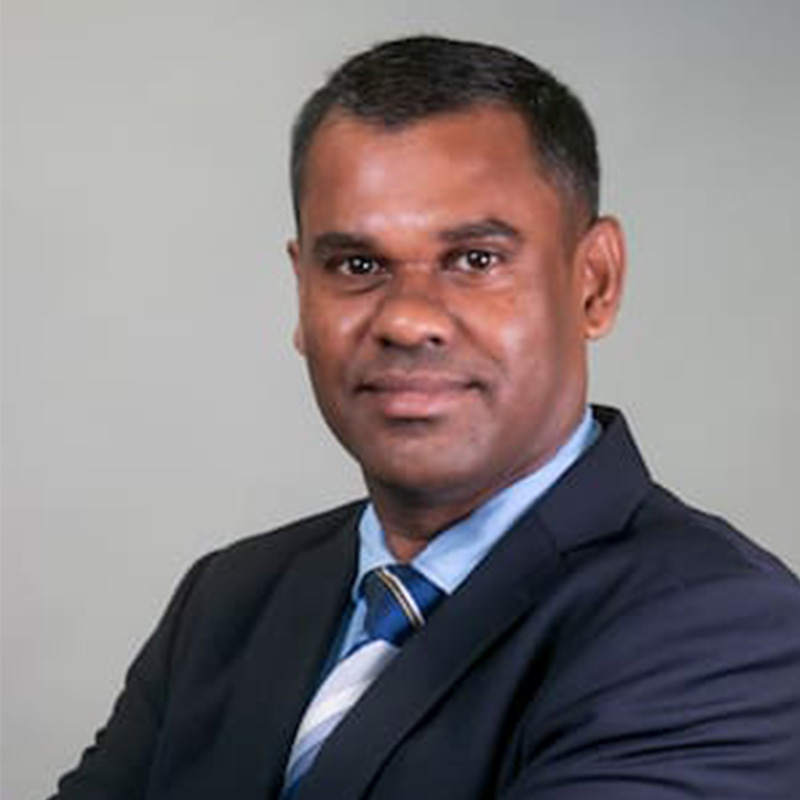 Associate Professor Rajkishore Nayak is the cluster lead of the Sustainability
Associate Professor Rajkishore Nayak is the cluster lead of the Sustainability
Rajkishore Nayak is an Associate Professor with the School of Communication & Design (SCD) at RMIT Vietnam. His current research areas focus on sustainability in fashion and textile, circular economy, waste management, corporate social responsibility and advanced sustainable materials. He has more than 200 ERA eligible publications out of which about 100 are published in high impact research journals. He also has authored five books and edited nine, some of which are used as textbooks in some leading universities.
Associate Professor Nayak has also worked on several projects funded both internally by RMIT and funded by external partners. He is working as a Category-I supervisor in SCD with 2 completions and 3 current supervisions. Prior to joining at RMIT Vietnam, Associate Professor Nayak has worked in contemporary fashion (design and management), human ecology, product development, sustainable dyeing technologies and functional materials in India and Australia. Recently, he has been working in collaboration with some universities in Africa, USA, Europe, and Asia.